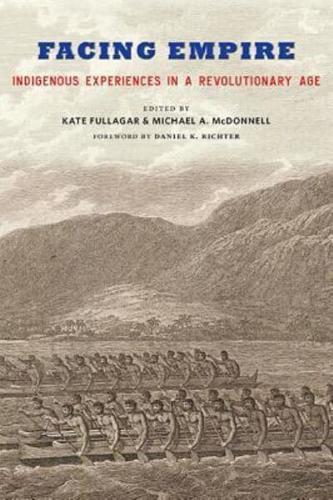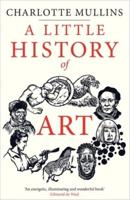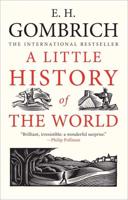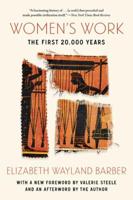Publisher's Synopsis
A comprehensive volume that interrogates European imperialism from the perspective of indigenous experiences.
The contributors to Facing Empire reimagine the Age of Revolution from the perspective of indigenous peoples. Rather than treating indigenous peoples as distant and passive players in the political struggles of the time, this book argues that they helped create and exploit the volatility that marked an era while playing a central role in the profound acceleration in encounters and contacts between peoples around the world.
Focusing in particular on indigenous peoples' experiences of the British Empire, this volume takes a unique comparative approach in thinking about how indigenous peoples shaped, influenced, redirected, ignored, and sometimes even forced the course of modern imperialism. The essays demonstrate how indigenous-shaped local exchanges, cultural relations, and warfare provoked discussion and policymaking in London as much as it did in Charleston, Cape Town, or Sydney.
Facing Empire charts a fresh way forward for historians of empire, indigenous studies, and the Age of Revolution and shows why scholars can no longer continue to exclude indigenous peoples from histories of the modern world. These past conflicts over land and water, labor and resources, and hearts and minds have left a living legacy of contested relations that continue to resonate in contemporary politics and societies today. Covering the Indian and Pacific Oceans, Australia, and West and South Africa, as well as North America, this book looks at the often misrepresented and underrepresented complexity of the indigenous experience on a global scale.
Contributors: Tony Ballantyne, Justin Brooks, Colin G. Calloway, Kate Fullagar, Bill Gammage, Robert Kenny, Shino Konishi, Elspeth Martini, Michael A. McDonnell, Jennifer Newell, Joshua L. Reid, Daniel K. Richter, Rebecca Shumway, Sujit Sivasundaram, Nicole Ulrich










